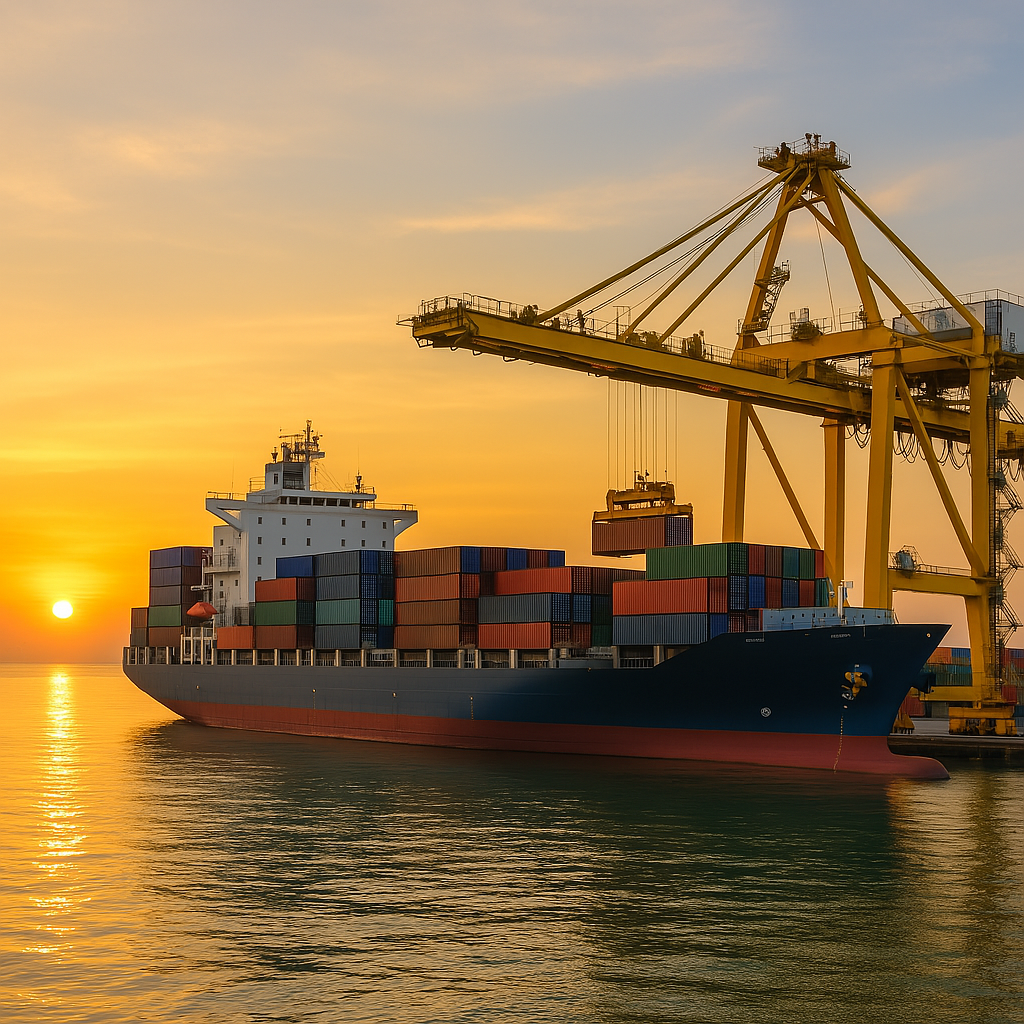How to Reduce Costs in Maritime Transport? Well… Maritime transport plays a crucial role in global trade, but rising operational costs can significantly impact profitability. Companies involved in international shipping must implement cost-reduction strategies to remain competitive.
In this article, we explore effective ways to reduce expenses in maritime transport while maintaining efficiency and compliance with international regulations.
1. Optimize Route Planning and Fuel Consumption
Fuel accounts for a significant portion of maritime transport costs. Optimizing shipping routes can reduce fuel consumption and minimize unnecessary detours.
Best Practices:
- Use advanced route optimization software to find the most fuel-efficient paths.
- Implement slow steaming (reducing vessel speed) to cut fuel costs without compromising delivery schedules.
- Leverage weather forecasting to avoid rough seas and optimize fuel usage.
📌 Learn more about efficiency in bulk commodity logistics here.
2. Improve Cargo Consolidation and Load Optimization
Maximizing cargo capacity per shipment helps distribute costs more effectively.
Key Strategies:
- Consolidate smaller shipments to optimize container space.
- Use technology like digital twins to simulate and optimize cargo loading.
- Reduce empty container repositioning by improving coordination with logistics partners.
3. Reduce Port and Terminal Costs
Handling charges at ports can add significant expenses to maritime operations. Efficient port management can help lower costs.
Ways to Minimize Port Costs:
- Negotiate better rates with port authorities and service providers.
- Implement digital documentation to reduce processing times and demurrage fees.
- Optimize vessel turnaround times to decrease dockage fees.
📌 Check out regulatory compliance strategies in maritime transport here.
4. Implement Predictive Maintenance and Fleet Efficiency Measures
Unplanned maintenance and breakdowns can lead to costly delays and emergency repairs.
How to Reduce Maintenance Costs:
- Use predictive analytics to schedule maintenance before breakdowns occur.
- Invest in energy-efficient vessel upgrades to improve fuel efficiency.
- Train crew members on best maintenance practices to extend vessel lifespan.
5. Leverage Technology and Automation
The use of digital solutions can streamline operations and reduce human error.
Effective Technologies:
- AI-driven logistics management systems to optimize scheduling and cost forecasting.
- Blockchain for secure and efficient documentation processing.
- IoT sensors for real-time cargo and fuel monitoring.
Conclusion
Reducing costs in maritime transport requires a combination of operational efficiency, technological advancements, and strategic partnerships. Companies that proactively optimize fuel consumption, cargo handling, port operations, and maintenance schedules will benefit from lower expenses and increased profitability.
📌 Looking for expert guidance on optimizing your maritime operations? Contact us here.
We hope these strategies help you enhance your maritime logistics efficiency and cost savings!


